INNOVATION

Building Trust in Military AI Starts with Opening the Black Box
At high-profile TED-style events with millions of online viewers, charismatic tech CEOs take the stage to unveil their latest gadgets. In slick, high-energy presentations, they criticize the slow and outdated cycles of traditional military innovation and procurement.
They paint vivid scenarios of future warfare where adversaries are agile, tech-savvy, and armed with autonomous systems, implying that only the most cutting-edge technology can prevail. Unsurprisingly, the solution to these looming threats aligns perfectly with the products they happen to be selling. Policymakers, often unfamiliar with the complexities of AI and emerging tech, along with senior military officials and influential defense industry figures, are drawn in by the urgency and clarity of the message.

Army poised to build drone marketplace for soldiers and units
The marketplace is intended to be a trusted repository for service members to reliably see what systems are available and can suit their mission needs.

Ottopia: Changing the game for remote military tech
Ottopia’s platform delivers ultra-low latency communication between human operators and machines, transmitting control signals and live video feeds seamlessly.
ARTIFICIAL INTELLIGENCE
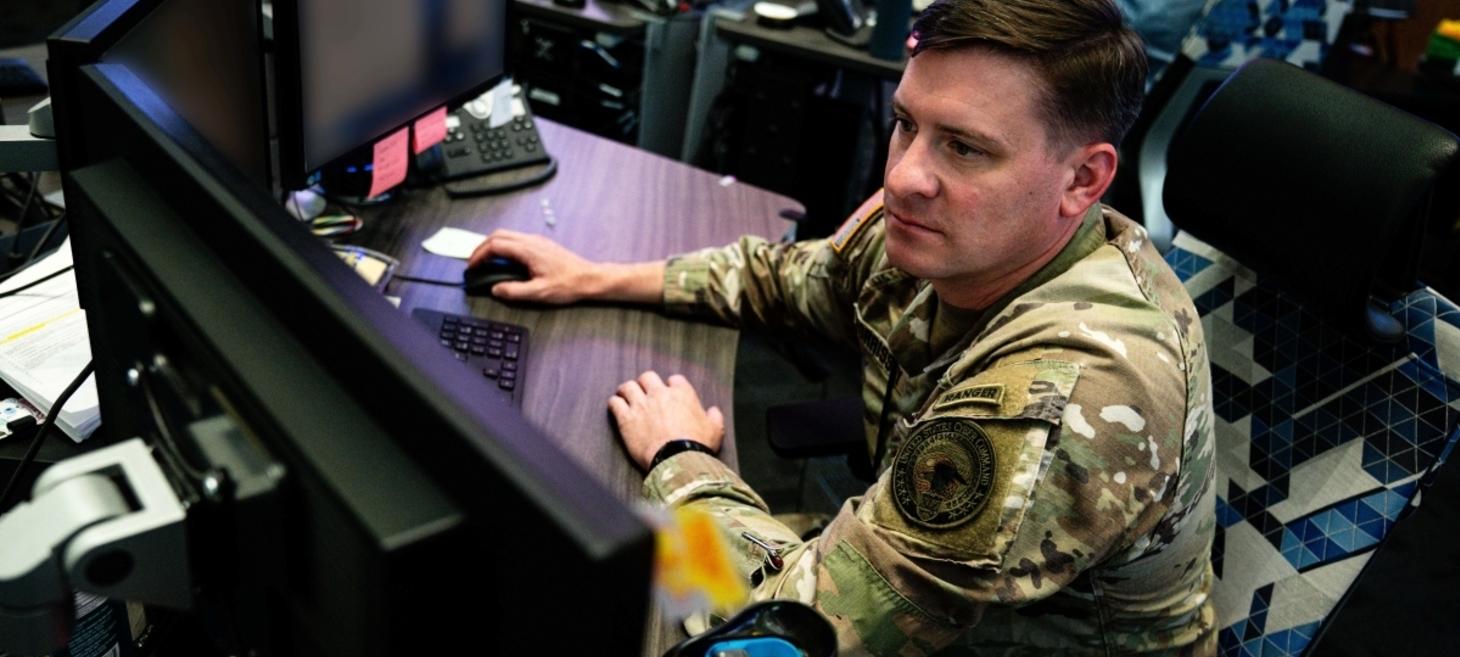
Full Speed Ahead: Optimizing U.S. Cyber Command for the Future Fight
Think of U.S. Cyber Command as a Ferrari straining in second gear, unable to shift higher as rivals close the gap on the straightaway.
As China and other adversaries expand the scale and speed of their cyber operations, Cyber Command is being held back by outdated acquisition models, fragmented talent pipelines, and limited ability to get needed tools and capabilities into operators’ hands quickly. Home to elite cyber warriors drawn from each of the military services and built with an emphasis on “teeth” (the front-line operators) and minimal “tail” (the institutional and support structures that equip the operators) the command now faces an AI-powered threat landscape that demands agile, enhanced support systems.
Cyber Command can benefit from targeted enabling actions — streamlining acquisition, strengthening cyber talent management, accelerating rapid capability development, expanding innovation initiatives, and deepening private-sector and university partnerships — to deliver the speed, scale, and adaptability required for modern war.

Beacon AI Wins Air Force Prototyping Contract
There’s no shortage of companies promising to automate aviation, but Beacon AI just wants to make the human pilots better. And so far, the DoD is loving it.
TECHNOLOGY

UK defense tech firm opens in Pasco County
A U.K.-based defense technology company looking to launch its U.S. operations has chosen Wesley Chapel to be its first American home, according to the Pasco Economic Development Council.
Smytec inc specializes in advanced forensic imaging technologies for crime scene investigators. Its product, BlindSite Scene, captures and analyzes crime scene evidence.
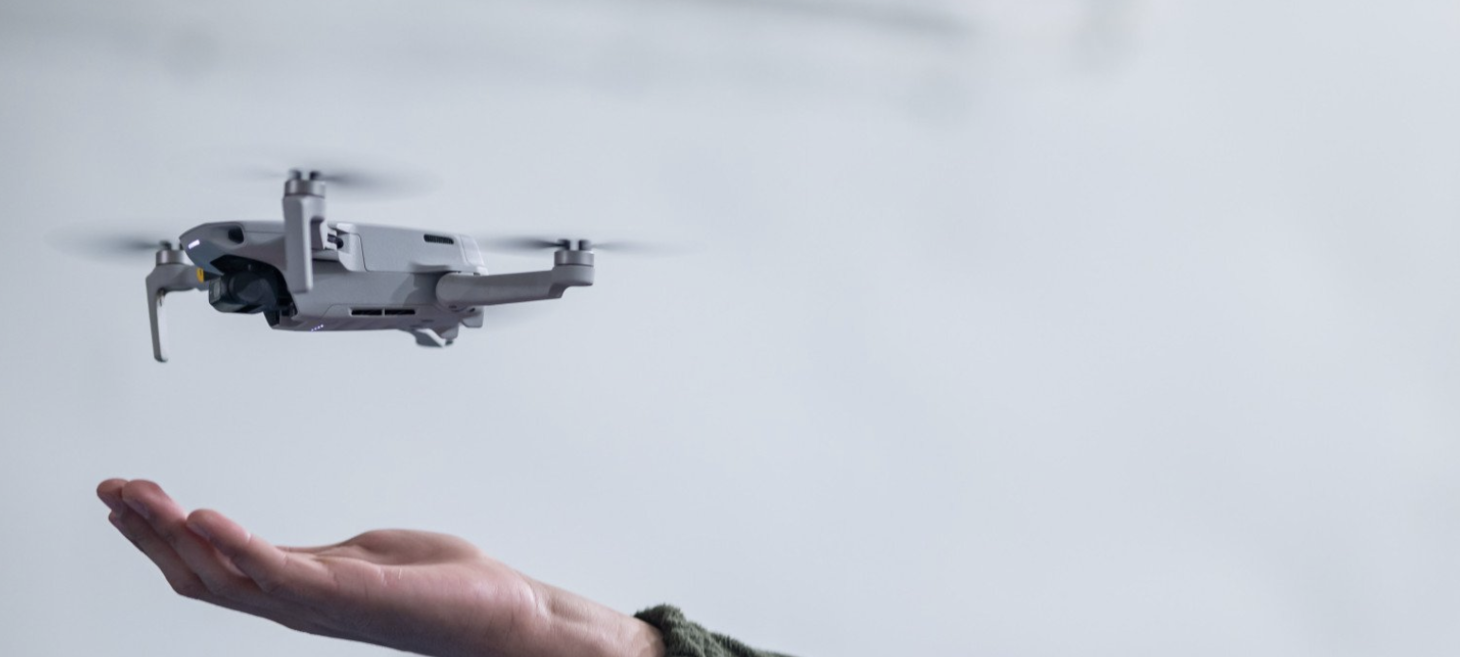
Ukraine’s New Defense Tech Speeds Up Deployment of 1,000 Drones to Combat Zones
The delivery of drones to Ukrainian troops through the DOT-Chain Defense system has been completed four times faster than via standard procurement procedures, with some orders fulfilled in less than two weeks, the Defense Procurement Agency reported on August 13.

Aalyria Achieves Laser Comms Breakthrough
Pew pew is back, baby. This morning, laser communications company Aalyria—a spinoff of Google—announced that their Tightbeam system has achieved two major technical milestones as part of a $7M contract to develop over-the-horizon connectivity with the Navy Research Laboratory:
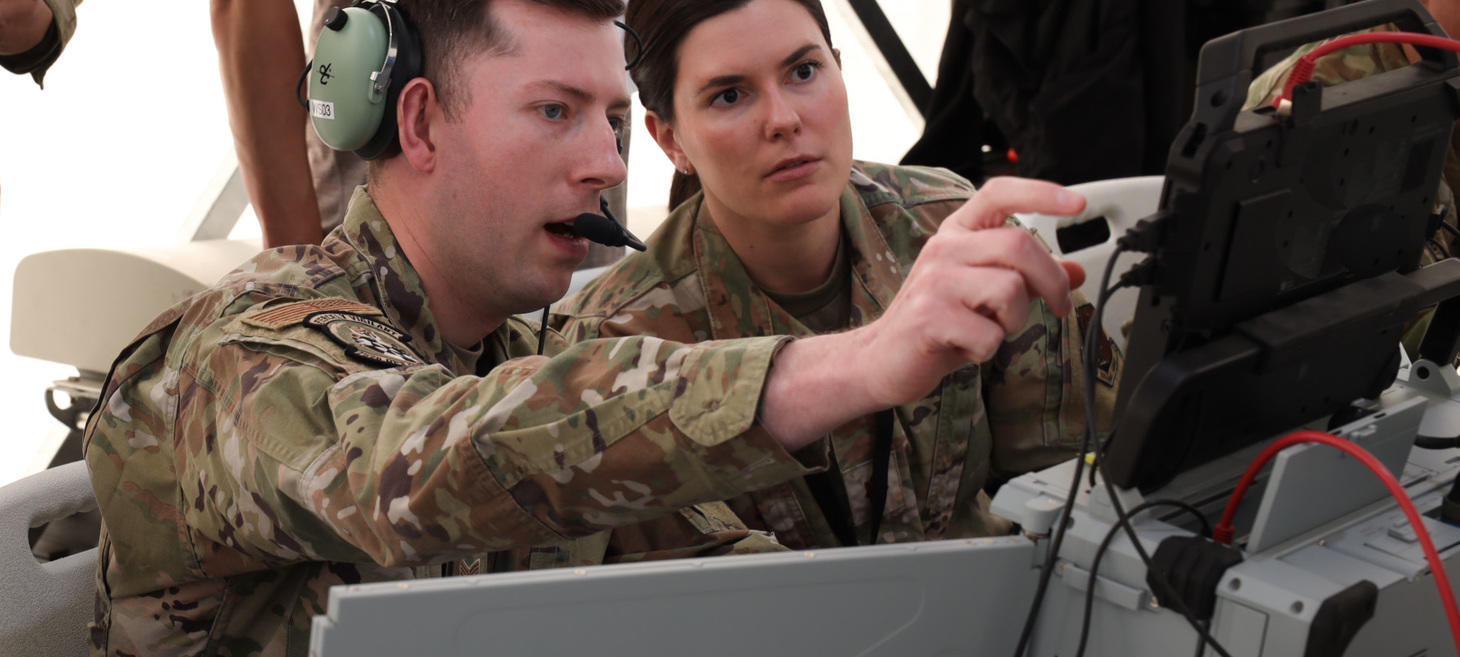
Air Force Buying Dozens More Light Battle Management Kits
The Air Force is spending $315 million to buy more than 40 new battle management kits that can each fit on a single C-130 as it pursues leaner, more advanced options for command and control on the ground.

Modern Tech and Old-School Spycraft Are Redefining War
Deception, infiltration and spycraft have played a major role in warfare at least since the ancient Greeks were said to have gifted a wooden horse to the citizens of Troy.
In more recent times, such operations rarely had a strategic effect, but the spectacular operations of Israeli intelligence against Hezbollah in Lebanon last fall and of Ukraine against Russia’s strategic bomber fleet last weekend have brought them back to the forefront of conflict in the 21st century.
Both showed how technological advances—such as drones, communications networks and smaller but more powerful batteries and explosives—can potentially alter the course of a war when they are coupled with superior tradecraft.
POLICY
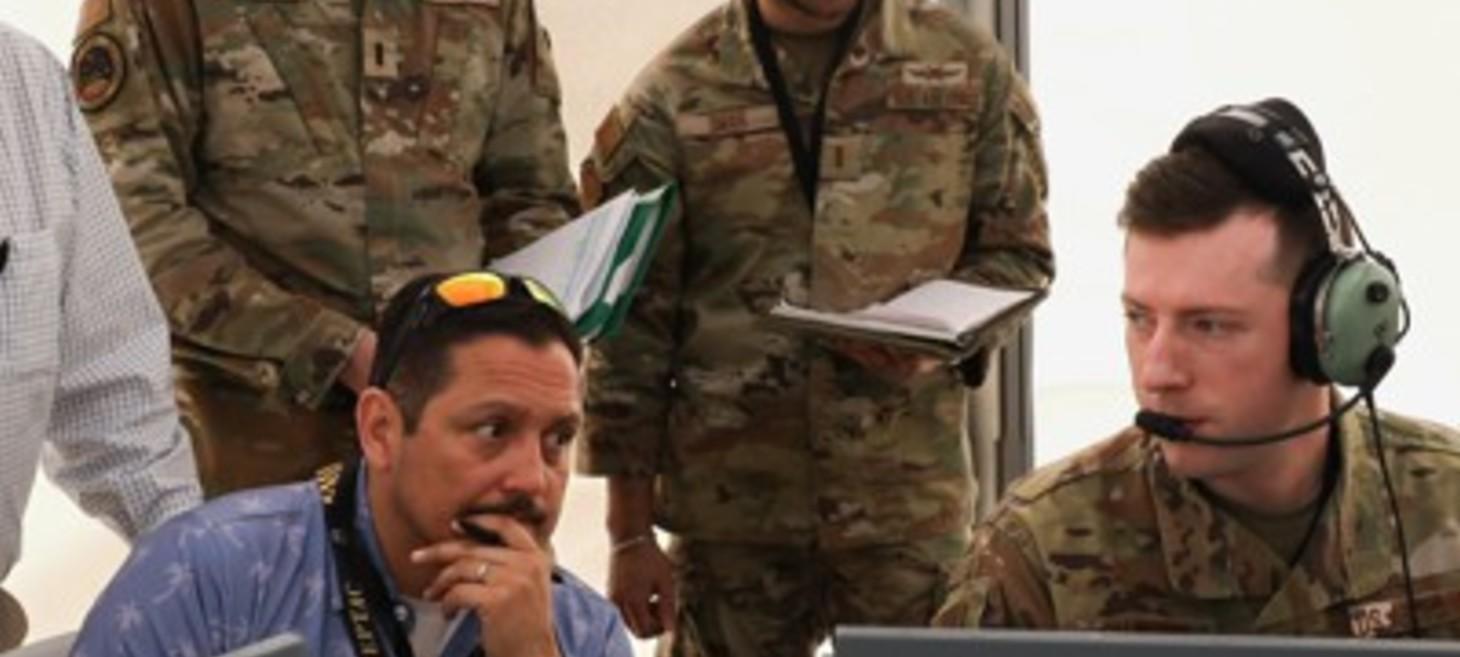
For Booz Allen, 2025 is the year of the ‘pivot’
The company’s head of defense business talks shifting strategies, navigating policy changes, and how the company is reintroducing itself.
EUROPE

Elbit wins $1.6b. defense contract with European country
The contract includes both tactical long-range artillery-rocket systems and drones, as well as intelligence, surveillance, and reconnaissance electronic warfare systems.

Finnish Defence Company Millog Launches New Testing Centre for NATO and EU Dual-Use Tech
'Our goal is to shorten the R&D and procurement cycles by bringing new innovations from the startup companies to the knowledge of alliance forces'
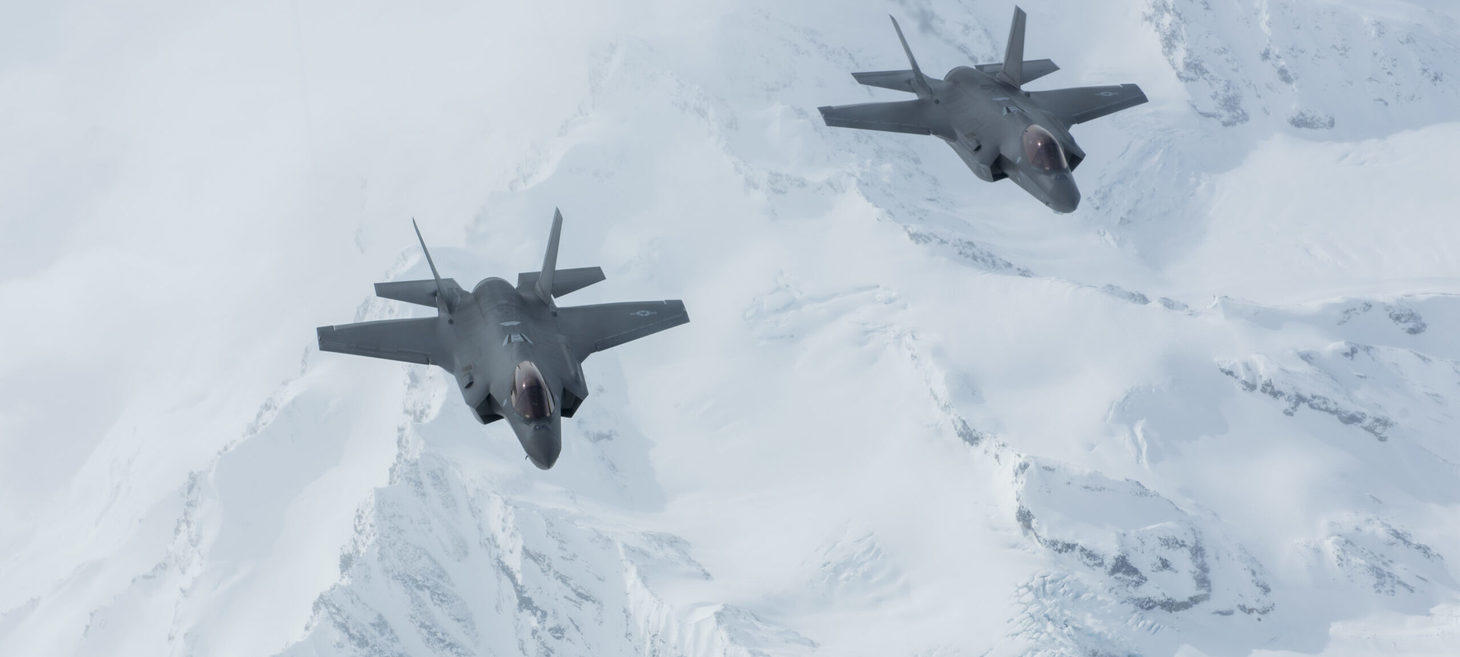
Switzerland weighs cuts to F-35 order amid cost dispute, tariff pressure
The Swiss government says it is still committed to buying the F-35 stealth fighter, though Defense Minister Martin Pfister reportedly said that Bern may end up buying fewer of the jets due to a cost increase.
